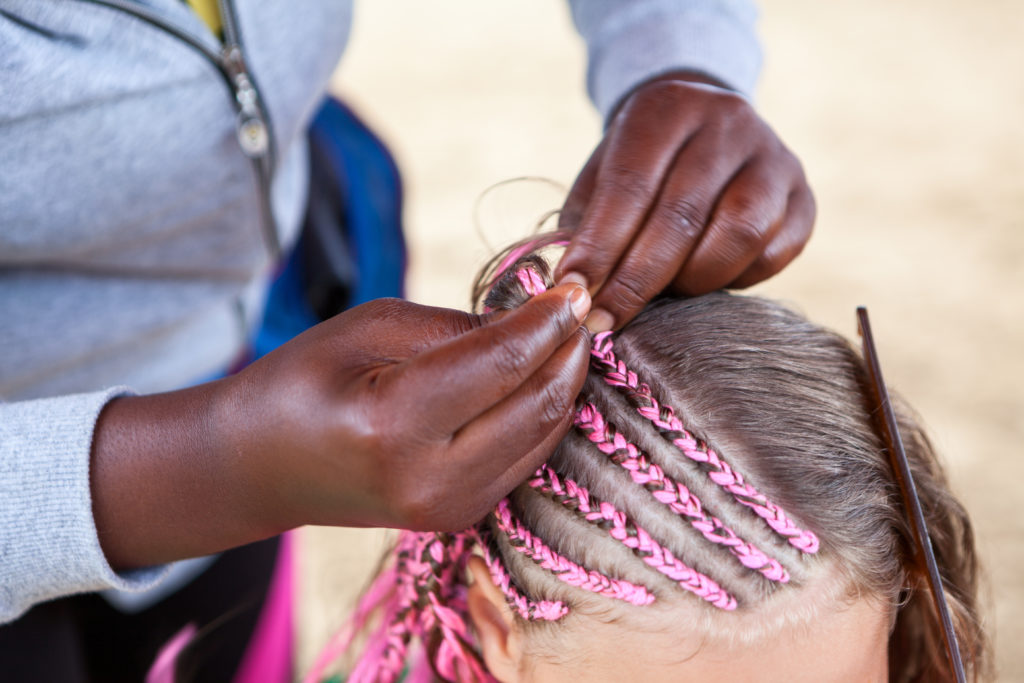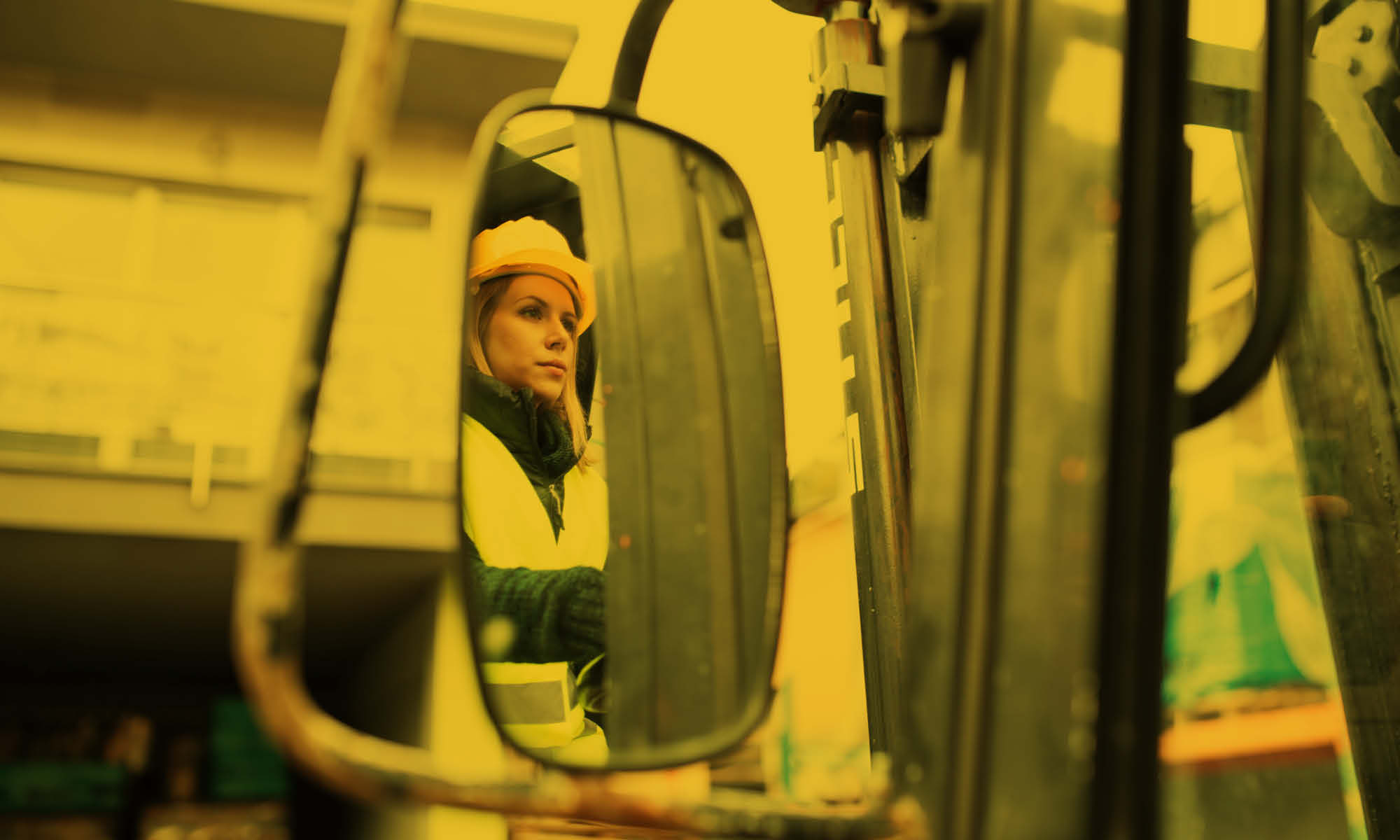
If you’ve studied the issue of occupational licensing reform for any length of time, you’ve undoubtedly heard about African hair braiders. The issue of state government regulating the hair braiding industry is a compelling one. Why would a state subject a hair braider to obtain a full cosmetology license, endure hundreds of hours of unnecessary coursework and pay thousands of dollars before they can legally work? Furthermore, the courses required to obtain the required license do not even directly apply to hair braiding but are more focused on general cosmetology issues like handling chemicals and cutting hair.
Major political figures on both sides of the isle have spoken about this argument including former Vice-President Joe Biden who said, “If you are a hair braider, you braid people’s hair, you have to get a license to do something like 400 hours of training in another state.”
The personal anecdotes are even more compelling. This is a trade extends back thousands of years and has been passed down through generations of family traditions. Why then would a state feel it necessary to interject and force braiders to go back to school and get a license that is not even applicable to their trade?
If you have been to a meeting on occupational licensing reform or researched the topic online for more than a few minutes, you will no doubt have seen African hair braiding brought up as a reason we should overhaul state occupational regulation. Reformers point to the personal anecdotes, and the burdensome licensing requirements for cosmetologists being unjustly applied to braiders.
The only problem is states have, for the most part, already addressed this issue. In 2019 only 7 states still require a full cosmetologists license for African hair braiders. In 2014 that number was 24 states. In the past 5 years, 17 states have either removed the licensing requirement for hair braiders or created a specialty license with significantly reduced amount of training required.
Hawaii, Idaho, Massachusetts, Montana, New Mexico, Wisconsin, and Wyoming are the only states that continue to require a full cosmetology license for their African hair braiders. 28 states completely exempt hair braiding from licensure: Arizona, Arkansas, California, Colorado, Connecticut, Delaware, Georgia, Indiana, Iowa, Kansas, Kentucky, Maine, Maryland, Michigan, Minnesota, Mississippi, Nebraska, New Hampshire, North Dakota, Oklahoma, Rhode Island, South Dakota, Texas, Utah, Vermont, Virginia, Washington and West Virginia. The remaining states have a specialty license for hair braiding with significantly reduced number of training hours required.
Hair braiding is continuously used as an example to convince policymakers that state occupational licensing is a broken system that needs fixing. However, policymakers should also be made aware that the majority of states have fixed the issues regarding barriers into this occupation.
Sensationalists claims are often touted which grab attention but studying the issue will lead you to the conclusion that state government largely did its job. Lawmakers realized that requiring a cosmetology license for hair braiders is not good regulation and did something to fix the issue. Yet the incessant rhetoric from reform groups will have you believing that every state still punishes hair braiders in this way.
Comparing one occupation to another is never apples to apples. Each industry has unique challenges and responsibilities to the public. Hair braiders and dentists are two entirely different professions. Arguments which lump all of state licensing into one single system run the risk of pushing reform where reform is not needed and would be harmful to public safety. Comparing dramatically different professions misses the larger point about what the aim of licenses is and whom they are designed to protect.
Let’s move past the stories hair braiders who were shut down and fined by the state cosmetology board. States learned from their mistakes and fixed the issue. Let’s have more informed, industry-specific conversations about occupational licensing that don’t paint regulation as a broken system because of a few anecdotes.
This workforce product was funded by a grant awarded by the U.S. Department of Labor’s Employment and Training Administration. The product was created by the recipient and does not necessarily reflect the official position of the U.S. Department of Labor. The Department of Labor makes no guarantees, warranties, or assurances of any kind, express or implied, with respect to such information, including any information on linked sites and including, but not limited to, accuracy of the information or its completeness, timeliness, usefulness, adequacy, continued availability, or ownership. This product is copyrighted by The Council of State Governments.

